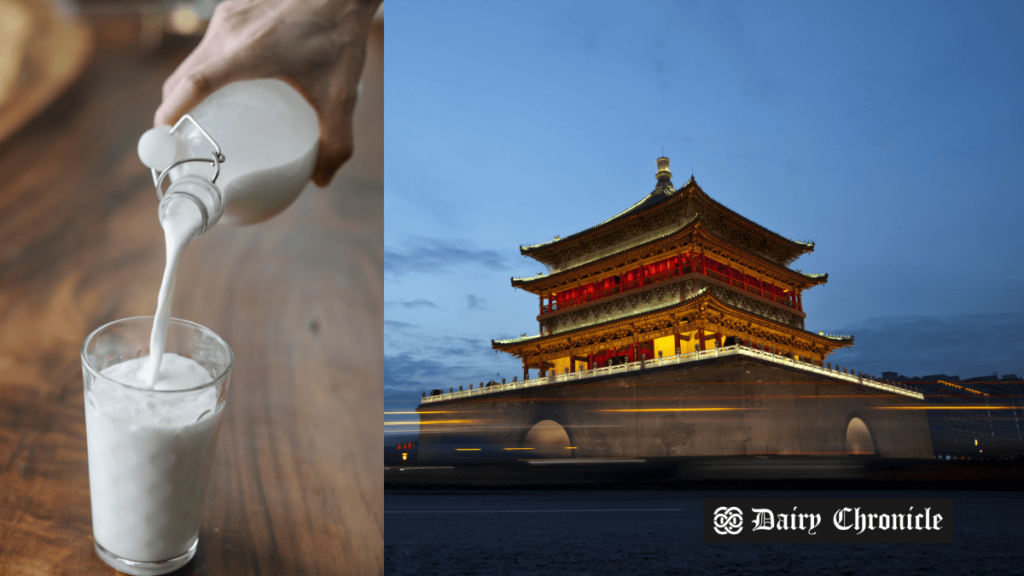China’s National Food Safety Standards and Monitoring Division proposes amendments to ban milk powder in sterilized milk, focusing on enhancing product quality and consumer safety.
In a significant regulatory shift, China’s National Food Safety Standards and Monitoring and Evaluation Division has proposed amendments to the National Food Safety Standards for Sterilized Milk. Announced on October 8, 2023, these changes aim to enhance the safety and quality of dairy products in the country, particularly impacting the use of milk powder in shelf-stable milk.
The revisions to the GB25190 standard mark a critical turning point for the Chinese dairy industry, which has long utilized reconstituted milk as a cost-effective ingredient in shelf-stable milk production. The new standards explicitly require that sterilized milk must be produced solely from raw milk sources, removing the option of including reconstituted milk. This change reflects China’s commitment to higher food safety standards and consumer health.
Key Aspects of the Proposed Changes
The new amendments focus on three primary areas:
- Redefined Sterilized Milk Composition: The phrase “with or without added reconstituted milk” has been eliminated, meaning that only raw milk can be used in the production of sterilized milk.
- Ingredient Standards Adjustment: Milk powder is now explicitly prohibited as an ingredient in sterilized milk products, a departure from previous regulations that allowed for its inclusion.
- Labeling Requirements: The obligation to label products containing milk powder as “reconstituted milk” has been removed, signifying a broader shift away from milk powder-based formulations in the market.
These proposed amendments are set to redefine the landscape of shelf-stable milk in China, raising questions about their impact on production costs, market dynamics, and consumer prices.
Market Implications and Consumer Response
Traditionally, the inclusion of reconstituted milk has allowed producers to maintain lower costs, especially amid supply constraints. However, the new regulations mandate that sterilized milk must come exclusively from raw milk sources such as buffalo, yak, camel, cow, and sheep milk. This change may lead to increased production costs, which could ultimately be passed on to consumers.
Consumer sentiment appears largely positive, with many preferring natural and unprocessed products. A resident from Guangzhou, YoYo, expressed optimism, stating, “People prefer natural, unprocessed products.” However, concerns about potential price increases in shelf-stable milk products have also emerged.
The dairy industry remains cautious. Experts like Song Liang have noted that while fresh milk products are often preferred for their nutritional benefits, the new regulations could alter consumer demand patterns. Additionally, the ban on reconstituted milk in sterilized products might help address the issue of milk supply surplus, which has recently seen declining prices.
Strategic Outlook for Dairy Companies
The revised standards may also influence the demand for milk powder as companies adjust to the prohibition of reconstituted milk. Given that shelf-stable milk is a leading product category in the market, the updates might help balance the domestic raw milk surplus while reducing dependency on milk powder. Nonetheless, rising raw milk prices could lead to increased production costs, potentially affecting sterilized milk pricing in the future.
As China moves towards more stringent food safety regulations, the dairy industry will need to enhance monitoring and enforcement mechanisms to ensure compliance with the new standards. While the use of reconstituted milk is being restricted in sterilized milk, other dairy products like yogurt and formulated milk will still be allowed to incorporate milk powder under existing regulations.
Major dairy corporations, including Yili, Mengniu, New Hope Dairy, and Sanyuan, have yet to publicly comment on how these proposed amendments will affect their product lines.
These developments reflect China’s ongoing efforts to improve food safety and consumer trust in dairy products, paving the way for a more natural and health-oriented market.



